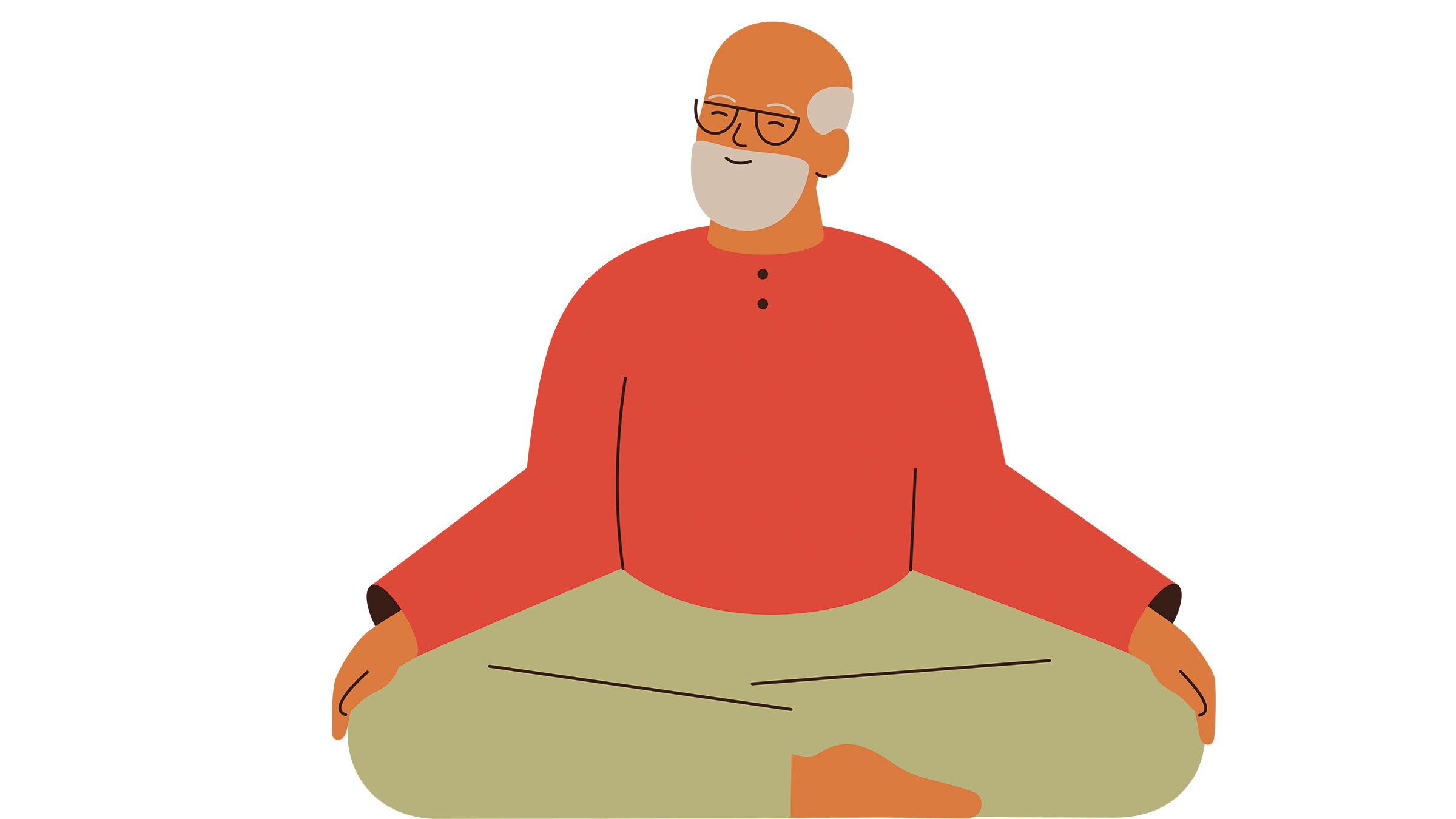I was asked to write an article sharing my experience of living with Mild Cognitive Impairment, due to Alzheimer’s disease. After two weeks of working on this assignment, I thought that the final draft was complete. Then I realized it wasn’t, and that my process of attempting to write the essay, including my missteps, is the perfect example of what this journey is like for me at this point.
You see, my brain tends to scramble things in a way that may take me a while to figure out. The assignment was to write an essay of about a thousand words. This sounded easy to me, as I’d just finished writing a book. I sat down and quickly finished a first draft, but when I checked the word count on the document, I was well over 1,500 words. I was baffled and struggled for days, wordsmithing here and there, cutting out whole paragraphs, and realizing this was going to be a very short piece.
I think it was the third day when I noticed that I wasn’t checking the word count at all. I’d been checking the character count! I had cut my writing down to less than six hundred words. I took a few deep breaths and started from scratch again.
In many ways, I function just fine. I love to cook and can follow a recipe, usually. I garden and enjoy long walks and cardio dance exercise. It’s the little bumps along the way where the fact that my neurons are dying shows up. Often, I can’t find the right word, or I say the opposite of what I mean. This can lead to some funny inside jokes between me and my husband, Frank. He has become adept at interpreting what I mean, most of the time.
I keep a sense of humor and lightness about my new clumsiness, as I tend to spill drinks, break dishes, and lose my glasses. I even lost a cutting board. (How do you lose a cutting board?)
These deficits are subtle and gradual, changing in such an incremental fashion that a new symptom can be hard to notice, until it impacts my life in a noticeable way.
Back to writing this essay. So, I finally figured out the correct way of checking the word count, and I was off and typing away again. This time I wrote one draft after another, honing the paragraphs, sifting out the repetitive lines so it would read smoothly. After few more days, this second final draft was done, ready to send in. Then I reread the original email with the description of what the editor asked for.
Again, my brain cells tricked me, misconstruing and turning a critical sentence around to mean the opposite of what was written. I’d remembered the request as asking me to not write much about my journey when, in fact, she wanted me to share my story. My heart sank and my gut tightened as I realized this second error, a major one.
Then tonight, after wringing my hands over this mistake, I began to see this as the perfect opportunity to explain exactly what my life is like as my cognitive abilities shift and change in a way that is unpredictable and often illogical. This is a very vulnerable and sometimes embarrassing way to live, but it is the reality for so many like me who are going through similar loss of neuronal structures.
And yet, I have been so grateful for the gifts I’ve discovered through this journey. My priorities are clear now: to live the best life I can, while I can. This includes loving those dear to me, caring for others, and caring for myself.
Working with and adapting to the challenges of neurocognitive disease isn’t just about the practicalities of losing cognitive abilities. It’s also an emotional and spiritual journey, as grief is a constant companion and your sense of self and identity is brought into question.
I cope with this by trying to be open and honest with myself and others. I’m grateful that I’ve had training in my professions and my meditation practices in how to cultivate emotional awareness and resilience. Using on-the-spot meditations when I’m experiencing an emotion—whether frustration, fear, or joy—is one way that I feel grounded in myself and open to the world around me. These meditations are a daily stabilizing force.
Being diagnosed with a progressive, terminal neurocognitive disease is a shock, and often a disappointment, but it isn’t the end of living a fulfilling life. I am not naive. As a chaplain, I cared for many people with severe dementia, and now my own mother is currently living in a memory care facility. It’s through those experiences of seeing so many I’ve cared for able to still have their tender hearts shine through their smiles and their laughter that gives me the confidence to face the years to come. I may not be able to type these words in a few years, and I definitely won’t find that cutting board that’s still missing, but I know I will still be laughing, if only on the inside.
I learned one of the on-the-spot practices that supports me from Pema Chödrön. Called “compassionate abiding,” it’s a way of developing emotional awareness and resilience and allowing emotions to come and go without clinging to them. I hope you find it as helpful in your daily life as I have.
How to Practice Compassionate Abiding
Breathe in, placing your hand on your chest, and imagine bringing whatever emotion you’re feeling into your heart center. Visualize your heart as a cradle of loving-kindness tenderly holding this emotion.
As you breathe out, relax and allow a sense of spaciousness to fill you up, expanding your heart even more. Repeat this a few times, and then let the practice go completely.
Compassionate abiding can be incorporated into a formal meditation practice. It can also be used as an on-the-spot practice, allowing you to work with your emotions in daily life, helping you navigate whatever challenges you’re facing. Once you’re familiar with this practice, it can serve you for many years, any time you choose to tap into your tender heart of loving-kindness. May compassionate abiding support your life’s journey, wherever it may take you.

